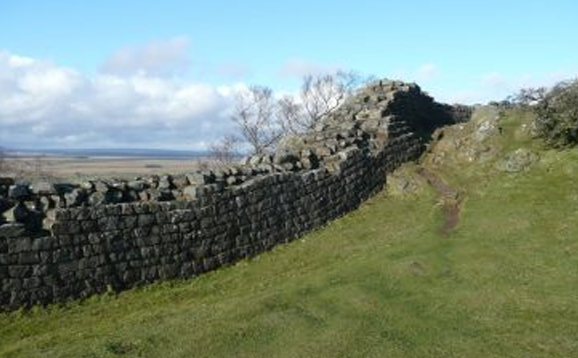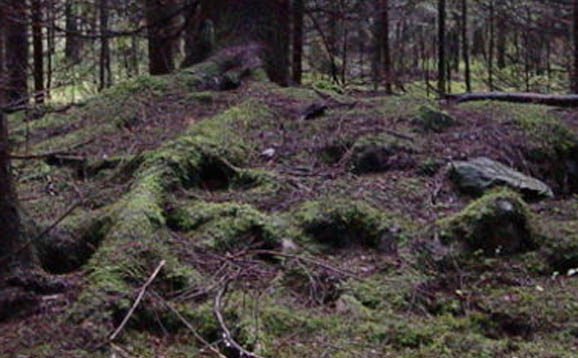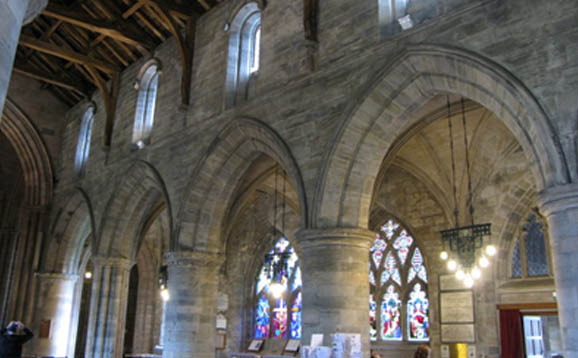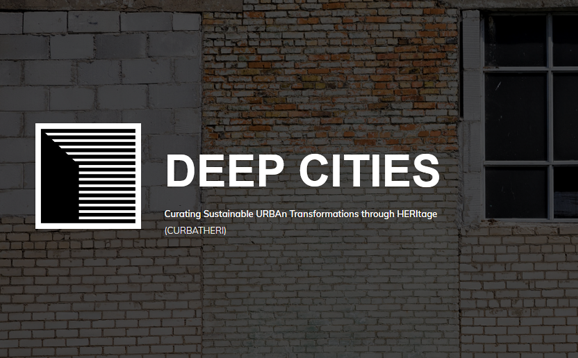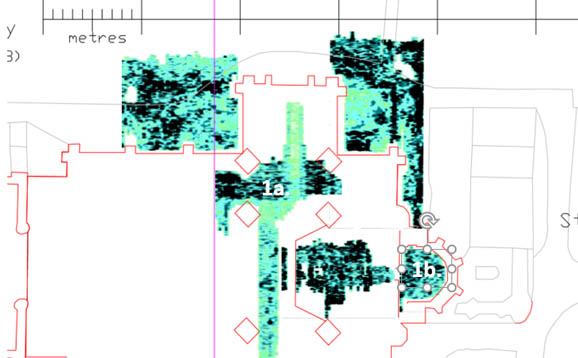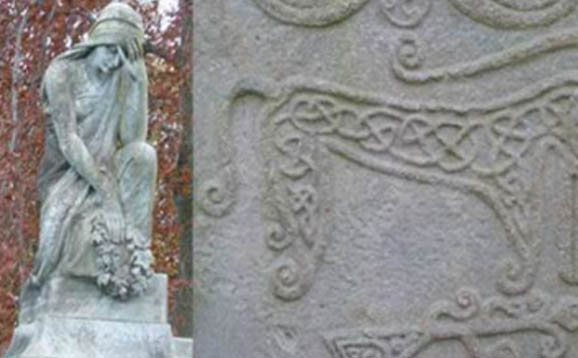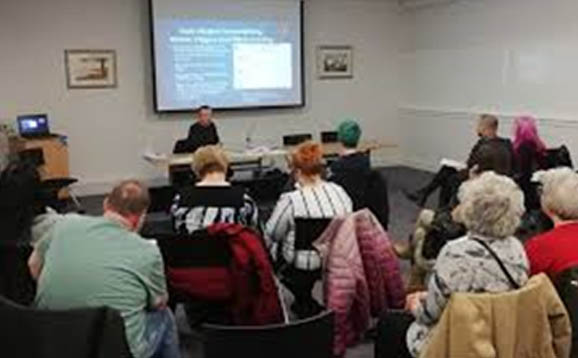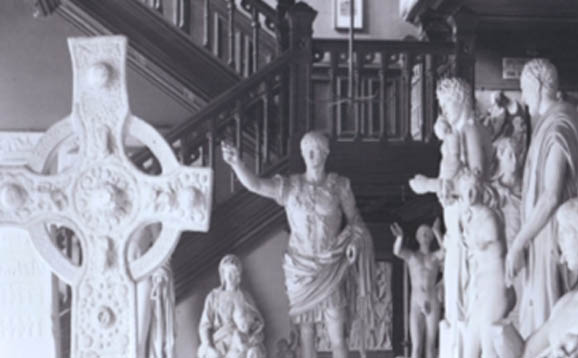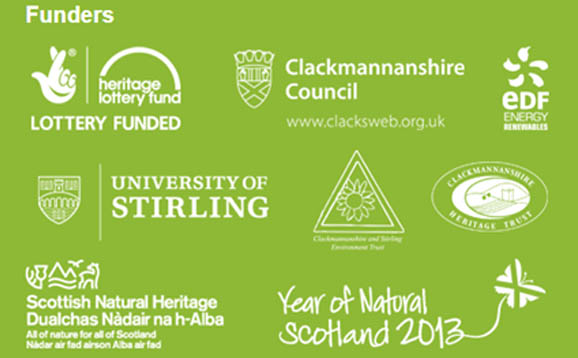Environmental History and Heritage
Ten of our twenty-two permanent members of staff, as well as many of our PhD students and post-docs work in the fields of environmental history and heritage studies. This is also a particularly strong area of PhD research. Such a strong presence of environmental historians and heritage specialists in one unit, each bringing distinct specialisms and interdisciplinary methodologies, gives our research culture its unique strength.
The geographic coverage of this field is global: it ranges from Scotland and the UK in a transnational context to Europe, Eurasia, China and Africa, and to the United States. Heritage research in our unit has also significantly contributed to conceptual, theoretical and practice-focused innovation globally.
Our research has emphasised the co-production of knowledge through collaboration of academics, professionals and civil society around themes of socio-cultural value, authenticity, memory, identity and place. Research in this field straddles disciplinary boundaries by utilising methods from other fields, including archaeology, material culture studies, museology, sociology, social anthropology, climatology and life sciences (in particular palaeogenetics).
Institutionally, our strategic emphasis on environmental history and heritage is underpinned by the interdisciplinary Centre for Environment, Heritage and Policy (CEHP), a pioneer in the field of environmental history since its foundation in 1999. Since 2012, CEHP has expanded to encompass Heritage Studies and a direct engagement with policy, with the creation of 4 new academic posts in this area. Especially noteworthy is the integration of social science approaches and methods alongside those in the arts and humanities, as well as our collaboration with colleagues from Biological and Environmental Sciences, thus bridging traditional divisions between the humanities, social sciences and natural sciences.
The Centre is also linked to the University’s Interdisciplinary Research Programme in Cultural Heritage, which is led by members of this UoA. Our formal external partnerships with HES, NIKU (Norway) and the Palace Museum of the Forbidden City (Beijing) are also linked to this research theme.
Research linked to the Centre has already left a tangible impact on national heritage policies, practices, tourism and the quality of life of diverse communities and stakeholders.

